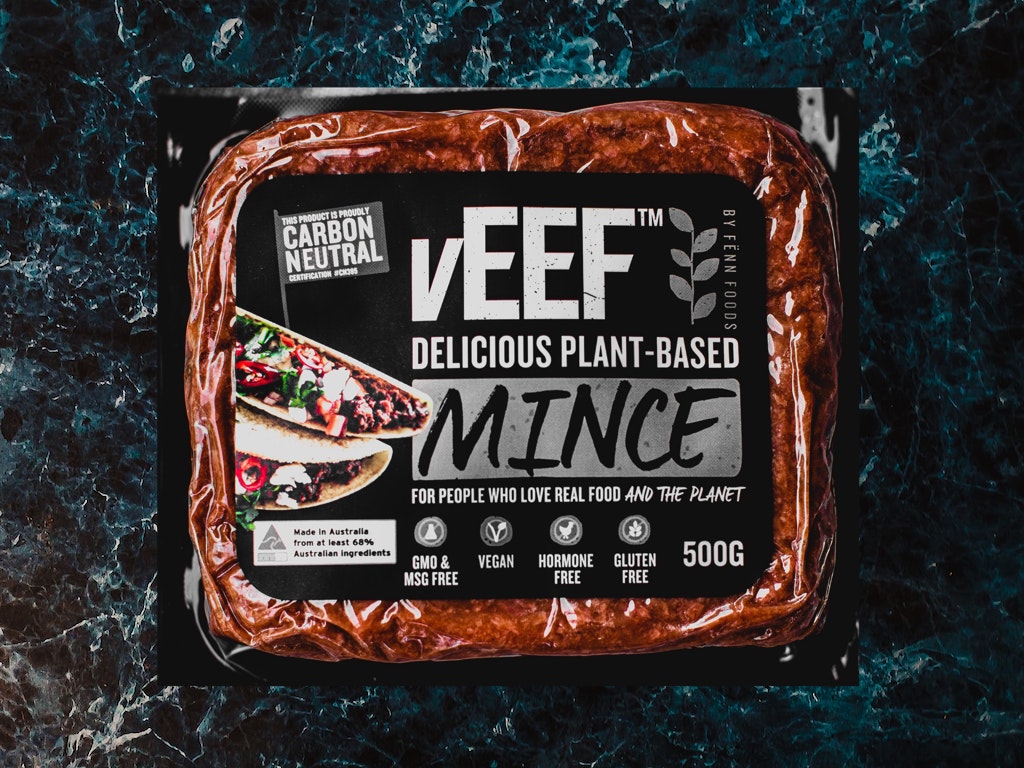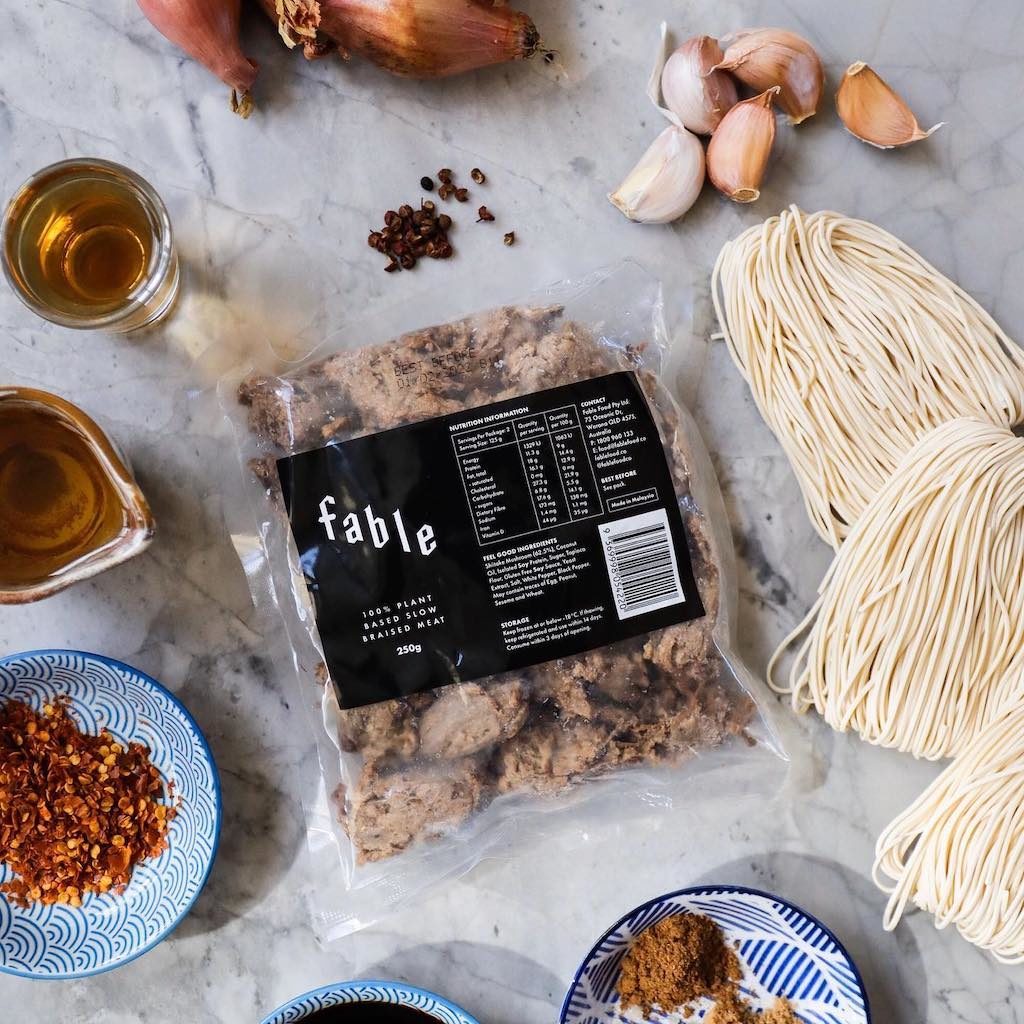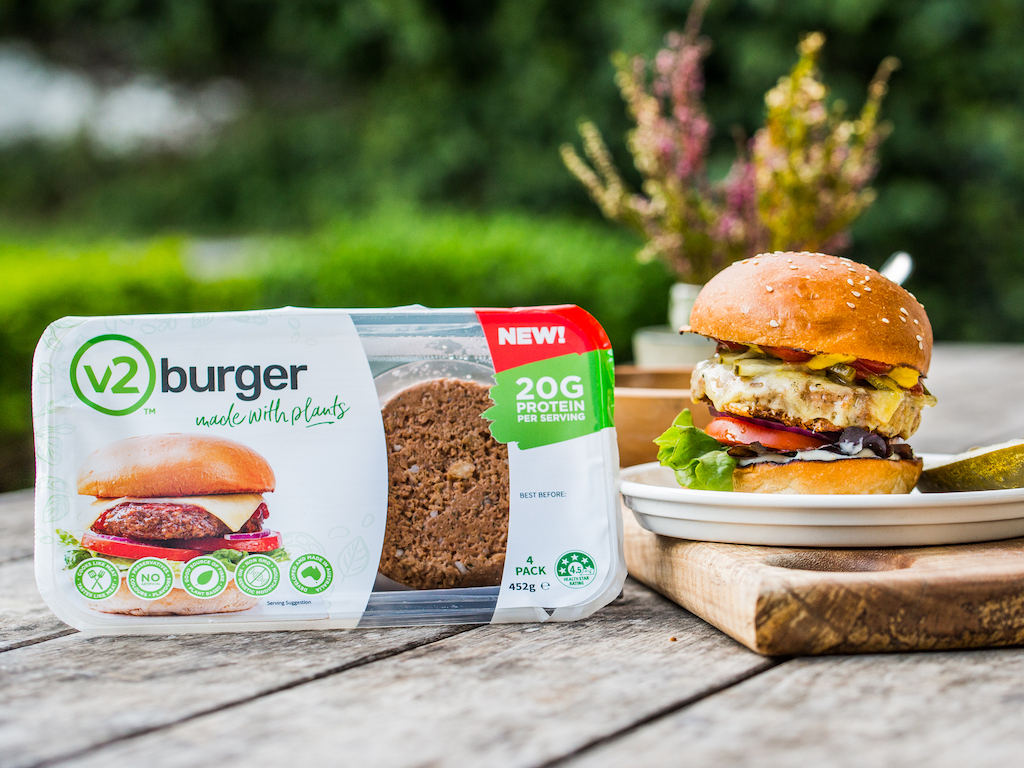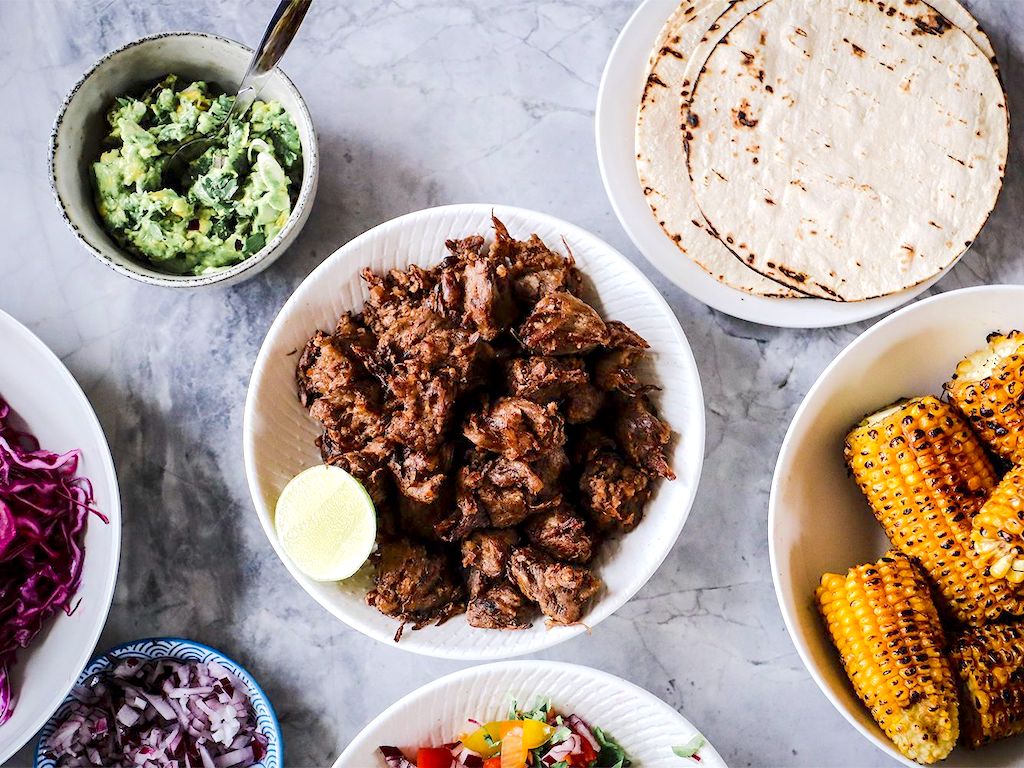4 Mins Read
Australia is no exception to the global plant-based trend in recent years, with the movement only picking up pace since the coronavirus pandemic with consumers increasingly shifting away from conventional meat amid headlines of virus-ridden abattoirs. And as the demand continues to grow, homegrown startups are taking on the challenge to innovate new products that give shoppers what they crave and love about meat, but without the ethical and environmental impact. From plant-based meat brands already making their mark to research undertaken to develop new cell-based proteins, there’s no shortage of Australian entrepreneurs driving the country’s fast-growing alternative protein industry.
While the U.S. and Europe are traditionally viewed as the hotbeds of alternative protein innovation, we’re now seeing the emergence of homegrown Australian companies who are developing Australian-made analogues that tap into the country’s unique resources and provide greater variety and choice in the alternative protein market.
Take Fenn Foods, for example, a Queensland-headquartered plant-based startup that has recently joined Big Idea Ventures’ accelerator program. Founded by Alejandro Cancino & Paola Moro, the brand has been known for its beef alternative “veef” and other plant-based products such as schnitzel and chicken burgers that are widely distributed across Australian supermarkets and restaurant chains.

Now, it’s gearing up to add three new products to its line-up, and expand its presence internationally, launching in Singapore, South Korea and Hong Kong in the next months. One of its products is a carbon-neutral veef made from soy protein, pea protein, vegetable oil and cocoa butter. While all plant-based meats, by virtue of being animal-free, require far less land and water resources and generate much fewer carbon emissions to produce, Fenn Foods has partnered with carbon reduction institute Noco2 to offset all the remaining carbon emissions from the production process.
Speaking to Green Queen about the new carbon-neutral vegan meat mince, co-founder Cancino said: “Our aim is to be the most delicious and sustainable product on the market. We can keep working restlessly on deliciousness, but in terms of sustainability, this is really setting us apart from the rest.”

Another startup, Fable Food Co, has developed animal-free, gluten-free and GMO-free plant-based braised beef made from 65% mushroom ingredients, which is available throughout major retailers such as Woolworths, and has even gained a following from top food experts like celebrity chef Heston Blumenthal, who has since partnered with the food tech to add the product to the menu of his U.K. restaurants.
Amid the coronavirus crisis, the brand’s co-founder and CEO Michael Fox told Green Queen in an earlier conversation that it is “having to adapt so we decided to launch an online pop-up in two cities,” and has since set its sights on expanding into the Singapore market in the coming months via both foodservice and retail.

Meanwhile, Sydney-based food tech v2food made headlines recently, having landed a AU$77 million (US$55 million) Series B round, breaking records as the largest funding round in the category within the country. The funding was led by major institutional investors including many of Asia’s biggest names such as Hong Kong-based Horizons Ventures and Singapore’s Temasek, a major boost for the company’s intentions to launch its vegan mince and plant-based burger products into new markets in Asia.
But it isn’t just Australia’s plant-based sector gaining all the glory – the country’s cell-based alternative protein sector is also flourishing. Most notably at the forefront of the sector is Vow, a Sydney-based company that is developing not just any meat directly from animal cells, but exotic meats, from zebra to kangaroo.

Vow has already held a successful first culinary trial of their products, prepared and plated by renowned Australian chefs Neil Perry, the founder of the Rockpool restaurant empire, and Corey Costello, featuring a range of dishes including cell-cultured kangaroo dumplings, alpaca chilli tamara and a goat cheeseburger slider – just to name a few.
Another cell-based project in the country, led by University of the Sunshine Coast (USC) researcher Lisa Musgrove, has caught the eye of New York-based cellular agriculture research institute New Harvest. Recently securing seed grant money from the institute, which represents the first time an Australian has been awarded, Musgrove will be investigating crayfish growth factors and cell-culture to bolster innovation within the cell-based crustaceans sector.
Lead image courtesy of Fable Food Co.




